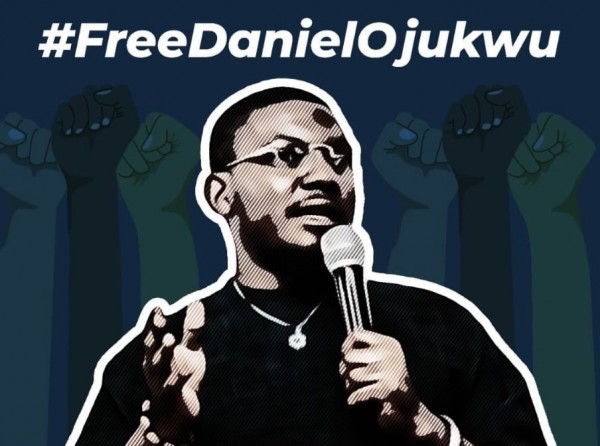In August 2023, IPI recorded 69 threats to press freedom in 12 countries in sub-Saharan Africa. Nearly one-third of these occurred in Zimbabwe (17) and Gabon (5), where elections took place last month. In Gabon, the military seized power shortly after the vote. Overall, the highest number of incidents occurred in Nigeria, with 18. Multiple cases were also recorded in Somalia (12), Ethiopia (4), and Malawi (4).
While state actors are expected to safeguard press freedom, IPI’s monitoring shows them to be the worst violators, with police or state security topping the list. IPI’s August 2023 monitoring noted several cases of censorship, including the shutdown of media outlets, the issuance of fines, or other administrative action. Internet access was disrupted in two countries, Gabon and Zimbabwe, during the election process while in Somalia authorities threatened to block social media platforms such as TikTok and Telegram.
In Nigeria, on August 16, at least six journalists working with different media outlets were brutally attacked by hoodlums armed with various weapons. The journalists were covering a violent conflict that erupted in the Opu Nembe community, in Bayelsa State, in southern Nigeria. According to the International Press Center (IPC), a local press defense group in Nigeria, on August 10, 2023, investigative journalist Karen James was targeted with several assassination attempts by unknown individuals in an apparent effort to silence her. Fearing for her life, the journalist went into hiding. The incident occurred after the journalist published a story about an alleged corruption scandal within the Ministry of Education in Anambra state, in southeastern Nigeria.
Ahead of the August 23 elections there, the Zimbabwean authorities barred several foreign media from covering the elections including journalists from Voice of America, the German public broadcaster ARD, and the South African outlet Daily Maverick. Journalists traveling from Kenya to cover the elections in Zimbabwe experienced hurdles in clearing their work equipment. Three journalists – Garikai Mafirakureva, Ellen Mlabo, and a third journalist – and a photographer working with the newspaper Masvingo Mirror in Masvingo were reportedly denied access to polling stations on August 22 and 23 despite producing proof of their accreditation by the Zimbabwe Electoral Commission (ZEC) and Zimbabwe Media Commission (ZMC).
Restrictions on access to information were also recorded in Gabon, where foreign media were denied accreditation to cover the elections. On August 19, journalist Sainclair Mezing, working with the privately owned media house Cameroon Tribune was denied access to cover the general elections. Mezing was deported upon his arrival at the airport after being interrogated for several hours. Following the post-election military coup, IPI called on the provisional authorities in Gabon to respect press freedom.
In Somalia, on August 17, state security arrested and detained journalist Mohamed Bulbul and a press defense activist working with the local press defense group Somalia Journalist Syndicate (SJS). According to reports, unidentified plain-clothed officials from the country’s intelligence service accosted the journalist and forced him into a vehicle to the police station where he was interrogated about the source of an article published on allegations of corruption in the police. Source from SJS also reported to IPI about cyber-attacks targeted at SJS’s website as well as the website of three news outlets: Hornexaminer, Hornobserver, and Kaab TV.
* Note: IPI collects data on press freedom violations and threats across Africa. These incidents can involve individual journalists and/or media outlets. Each incident is assigned different categories of violations (which can include physical assaults to legal threats). There can be multiple types of violations or threats involving the same case and the same journalist or media outlet. When these incidents involve individual journalists, we record the gender of individual journalists, if this information is available. For this reason, the total number of violations does not always equal the total number of incidents recorded by gender or by media outlet.
IPI monitors and collects data on press freedom violations in Africa using a standardized methodology that categorizes violations across the following main categories: physical, verbal or online attacks; arrests and charges against journalists; surveillance of journalists; cases of censorship; laws and regulations that restrict the press freedom; and restriction on access to information. Data are further disaggregated by gender. Our monitoring and data collection activities are part of IPI’s wider Africa programme, which aims to defend press freedom and the safety of journalists in sub-Saharan Africa.



